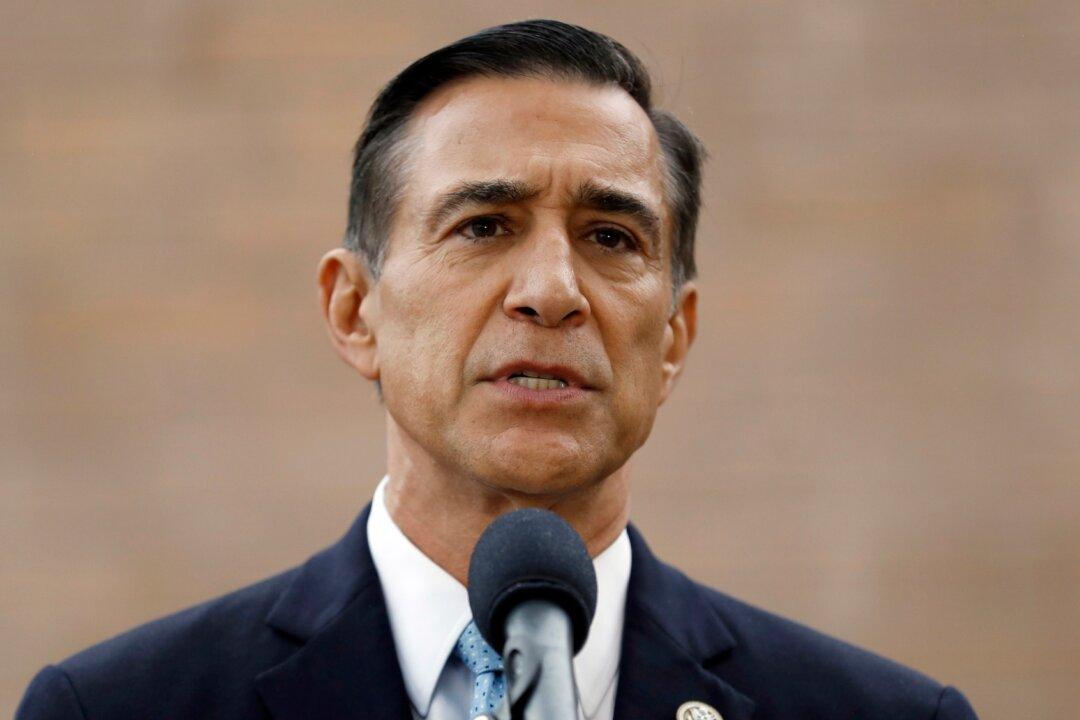SAN DIEGO—U.S. Rep. Darrell Issa (R-Bonsall) announced on Dec. 1 that an American citizen and San Diego-area resident was on his way home from Afghanistan.
“This one was personal. My team and I worked for months to ensure the safe return of Prince Wafa and his wife, and we were amazed by his courage and commitment,” Issa said. “His betrayal by President Biden and the almost limitless delays by this administration were needless and shameful.





